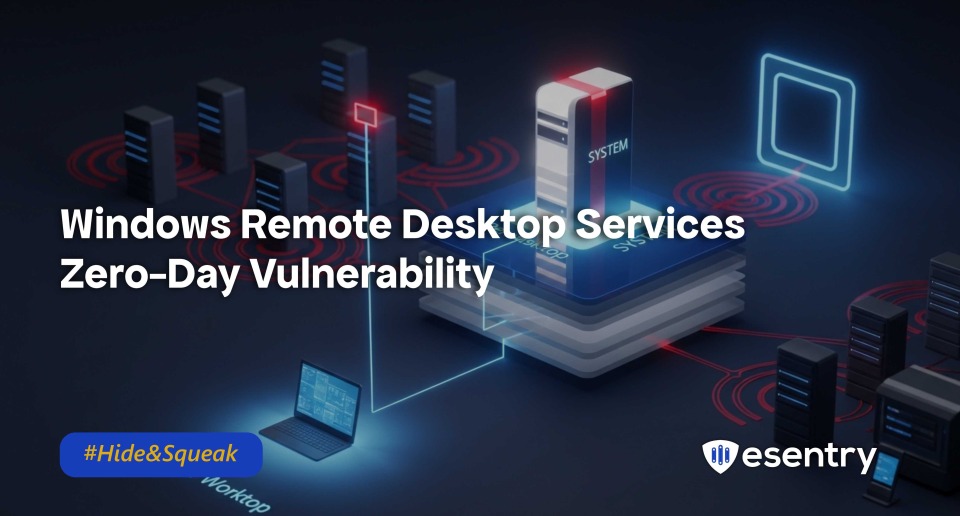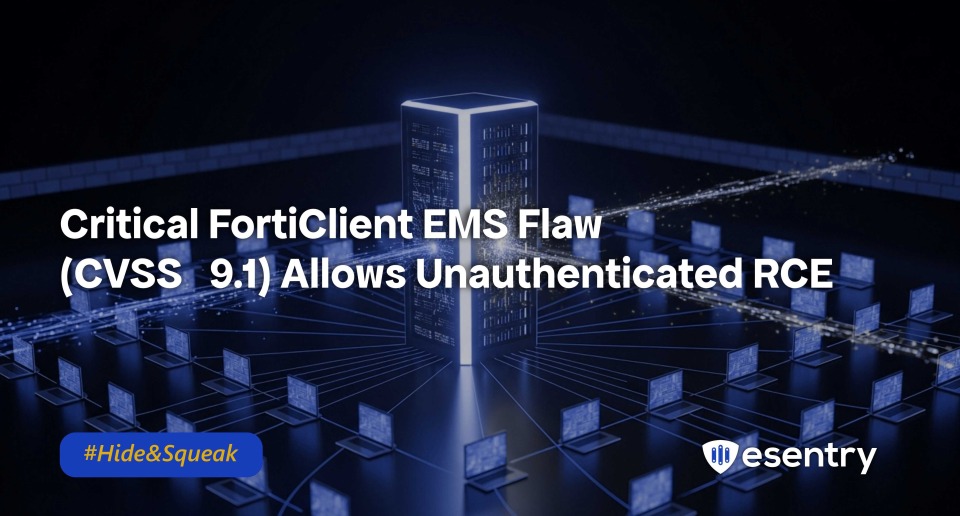Late one evening, Alex, a budding YouTube creator, checked his inbox and found an email marked URGENT: YouTube Monetization Update. The sender appeared legitimate, with a YouTube logo and an official-looking address. Inside, the email warned that monetization rules were changing, and to keep earning, Alex needed to confirm the new YouTube Partner Program (YPP) terms. A private video, allegedly from YouTube’s CEO Neal Mohan, was linked as proof.
Curious but cautious, Alex clicked the link. The video seemed like real Mohan’s voice, his gestures, even the polished background all matched previous YouTube announcements. But something felt off.
The Trap is Set
Beneath the video, a message urged Alex to log in now on a website “studio.youtube-plus[.]com” or risk losing monetization in seven days. The email emphasized urgency:
“Failure to comply will result in restrictions, including loss of monetization, inability to upload or edit videos, and withheld earnings.”
Sweat formed on Alex’s brow. The thought of losing his channel was terrifying. Without thinking twice, he clicked the link, arriving at what looked like YouTube’s login page. The design was flawless. He typed in his credentials and hit enter.
The Aftermath: A Hijacked Channel
A message appeared: “Your channel is now pending. Please open the document in the video description for more information.”
Confused, Alex clicked back to his YouTube dashboard, but he was already logged out. He tried his password again. Incorrect.
Panic set in. His channel, his years of work; gone. Moments later, his subscribers were greeted with a live stream promoting a cryptocurrency giveaway scam, hosted by his channel.
YouTube’s Warning and Response
Alex was not alone. Since late January, countless YouTube creators have fallen for this AI-powered scam. The attackers weren’t just using phishing emails anymore, they had weaponized deepfake technology to impersonate YouTube’s leadership, making their scams alarmingly convincing.
YouTube responded swiftly, warning creators:
- YouTube and its employees will never share private videos to communicate official updates.
- Do not click links in suspicious emails. Always verify changes on YouTube’s official channels.
- Enable two-factor authentication (2FA) to add an extra security layer.
- Report phishing attempts immediately via YouTube’s Help Center.
To help affected creators, YouTube launched a support assistant in August 2024, specifically for recovering hacked accounts and securing channels from future threats.
The Battle Against AI-Driven Scams
Alex eventually regained control of his account, but the experience left him shaken. The rise of deepfake-powered scams signals a new era in cybersecurity threats one where even a CEO’s face and voice can be faked convincingly.
As scammers refine their tactics, creators must stay vigilant. The best defense? Skepticism, verification, and strong security measures. In this digital world, a moment of carelessness can cost everything.








.png)
.png)